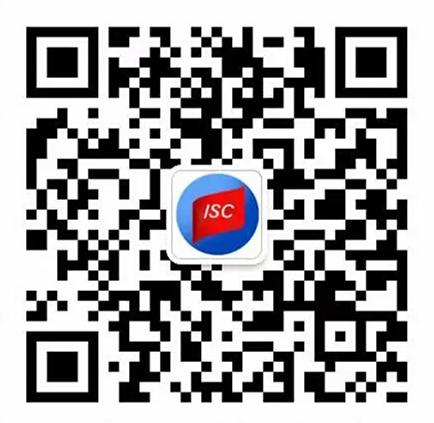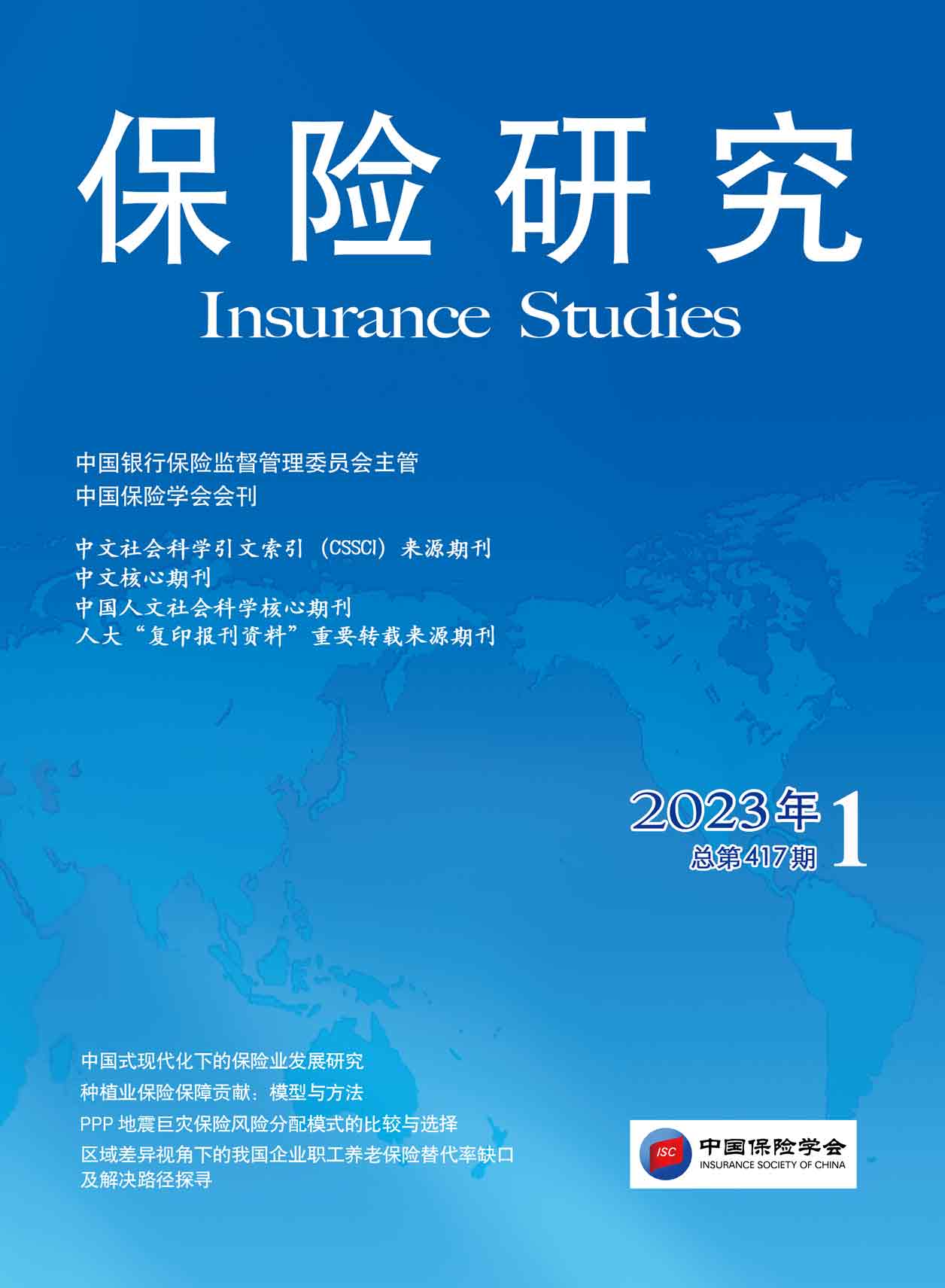
《保险研究》20230107-《高风险还是高风险厌恶?——基于微观重疾险数据的实证分析》(王正位、丁佳敏、张伟强)
[中图分类号]F840.62[文献标识码]A[文章编号]1004-3306(2023)01-0084-17 DOI:10.13497/j.cnki.is.2023.01.007
资源价格:30积分
- 内容介绍
[摘 要]信息不对称问题一直受到学术界和业界的普遍关注。然而,逆向选择理论并不总能得到有力的实证结果支持,越来越多的研究表明保险市场可能存在正向选择效应。因此,逆向选择(高风险的人更积极地购买保险)和正向选择(由于风险厌恶程度等私人信息的存在,积极购买保险的人出险概率更低)的存在性问题,一直受到反复的讨论。某保险公司在2018年3月推出了一款的激励版重疾险,用户运动达标即可获赠保额,除此之外与其他重疾险产品并无显著差异。如果重疾险市场中存在正向选择效应,那么风险厌恶程度更高的用户更有可能被“运动激励价格折扣”活动所吸引。而激励版重疾险的购买情况表明,购买者的风险厌恶程度偏高,说明重疾险市场内存在明显的正向选择效应。本文的实证证据并不能说明重疾险市场吸引了风险概率偏高的人群,无法支持市场内存在明显的逆向选择效应。本文丰富了信息不对称,尤其是正向选择与逆向选择相关的研究,具有一定的学术价值和现实意义。
[关键词]信息不对称;正向选择;逆向选择;重大疾病保险
[基金项目]感谢国家自然科学基金(72103110)、国家自然科学基金重大项目(71790591)资助。
[作者简介]王正位,清华大学五道口金融学院副院长,副教授,博士生导师,经济学博士;丁佳敏(通讯作者),清华大学五道口金融学院博士研究生;张伟强,清华大学五道口金融学院副研究员,经济学博士。
High Risk or High Risk Aversion? An Empirical Analysis Based on Micro Critical Illness Insurance Data
WANG Zheng-wei,DING Jia-min,ZHANG Wei-qiang
Abstract:Information asymmetry has been widely concerned by the academia and the insurance industry.However,the adverse selection theory is not always supported by empirical results.More and more studies have shown that there might be positive selection in insurance market.Therefore,the existence of adverse selection(High-risk people buy insurance more actively) and positive selection(Due to private information such as risk aversion,people who actively buy insurance have lower risk probability) has been repeatedly discussed.In March 2018,an insurance company introduced an incentivizing version of critical illness insurance.The insured who reached the exercise standard amount would earn extra insured amount.Except for this provision,there was no other significant difference between the incentivizing version and the standard version.If there is a positive selection effect in the critical illness insurance market,people with higher risk aversion are more likely to be attracted by the exercise-driven price discount.This paper finds that compared with buyers of the ordinary version,buyers of the incentivizing version have a higher degree of risk aversion,which shows that there is an obvious positive selection effect in the critical illness insurance market.However,the empirical evidences in this paper do not show that the critical illness insurance market attracts people with high risk probability,and cannot confirm the existence of adverse selection effect.This paper enriches the research on information asymmetry,especially on positive selection and adverse selection,which has certain academic value and practical significance.
Key words:information asymmetry;positive selection;adverse selection;critical illness insurance

《保险研究》20231001-《近年来西方保险理论研究的重点及演变趋势》(王稳、周娅乐、李雪)
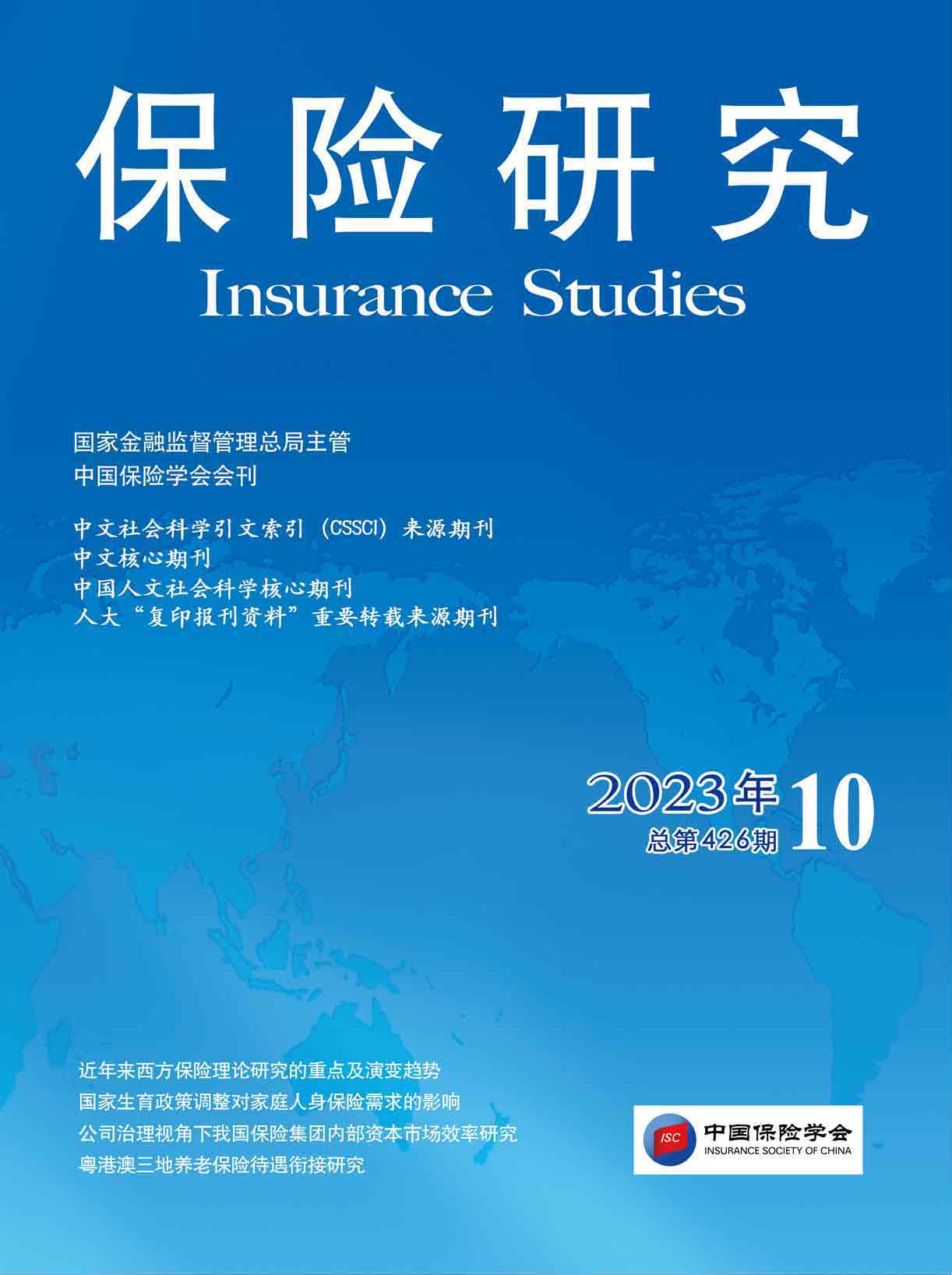
《保险研究》20231002-《国家生育政策调整对家庭人身保险需求的影响》(孙伟、张慧丽)
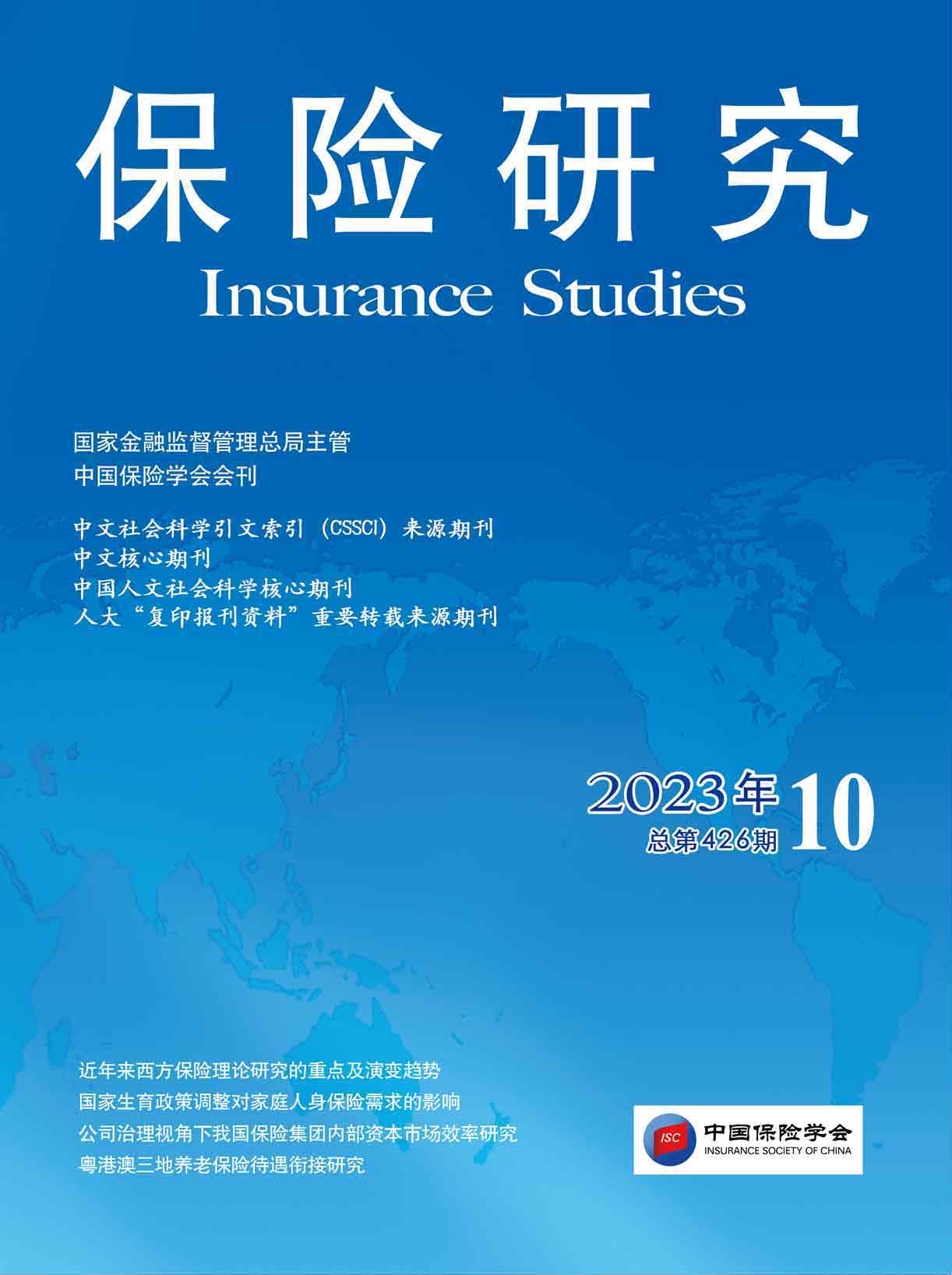
《保险研究》20231003-《财政补贴政策对商业长期护理保险市场扩散的传导机制与影响效果研究》(赵娜、陈凯)
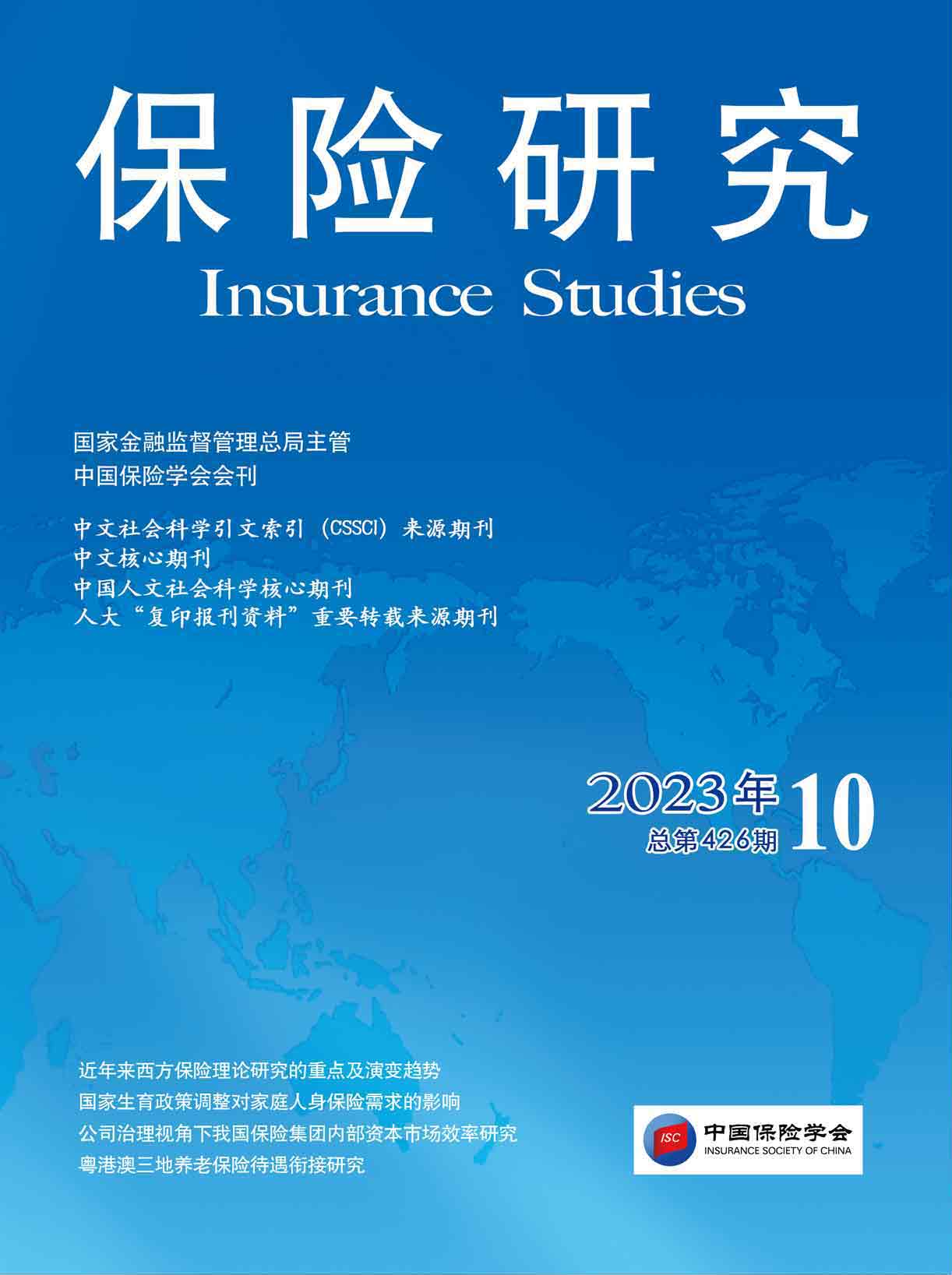
《保险研究》20231004-《公司治理视角下我国保险集团内部资本市场效率研究》(王艳、陈天任)
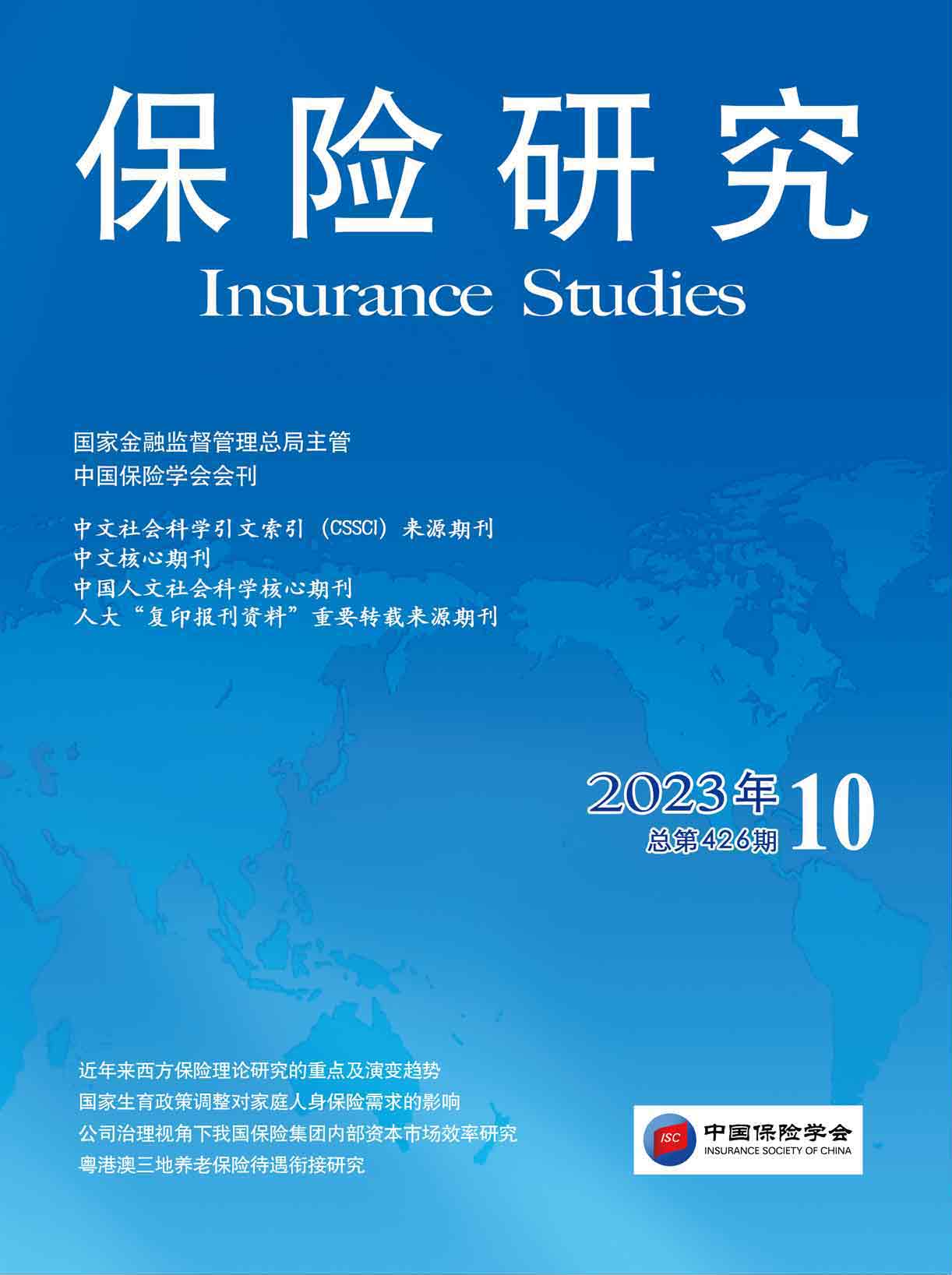
《保险研究》20231005-《新偿付能力监管下保险公司信息系统操作风险量化管理研究》(赵蕾)
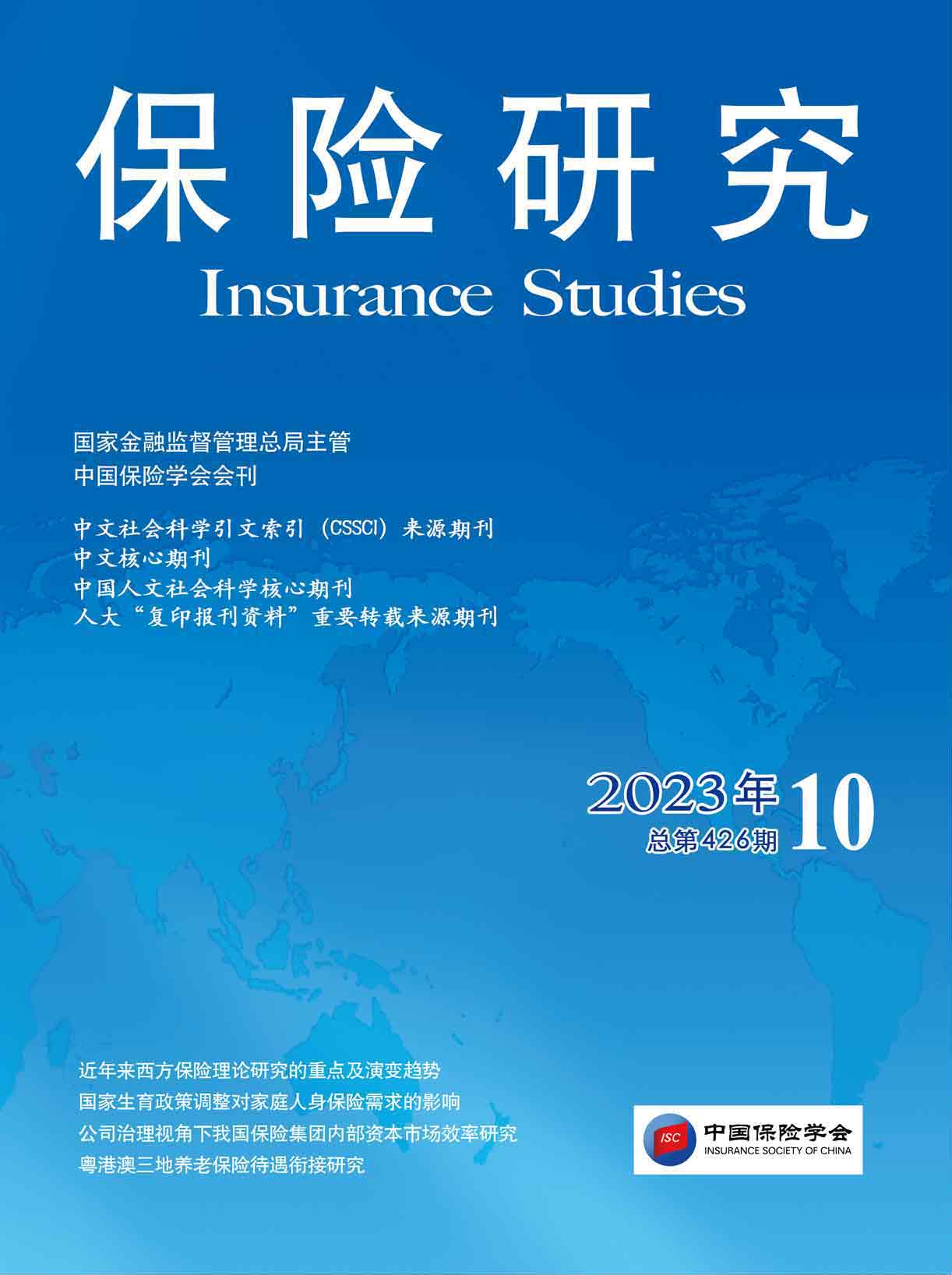
《保险研究》20231006-《医保待遇变化、自付医疗费用与疾病经济负担——基于健康扶贫政策冲击的分析》(吕国营、张需)
